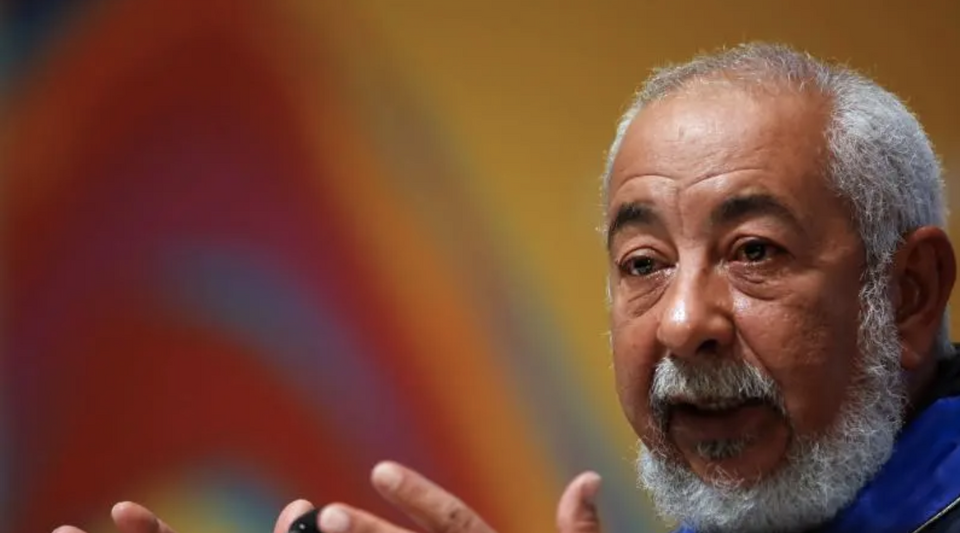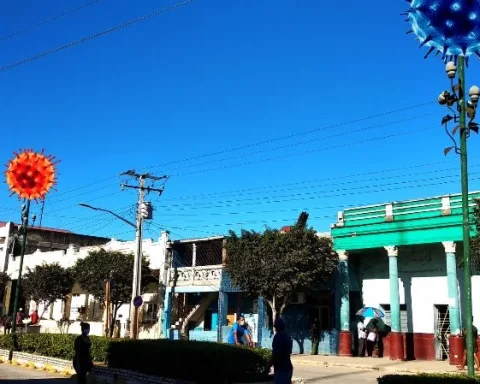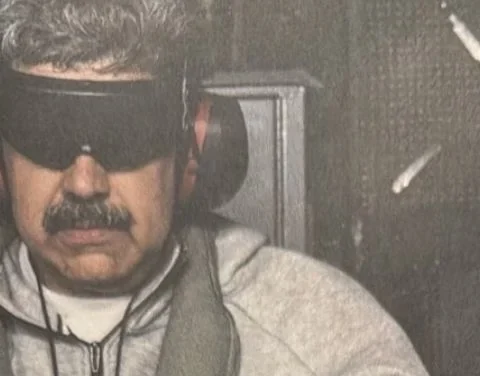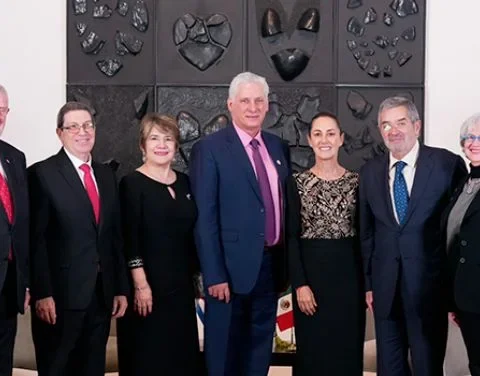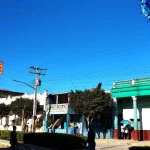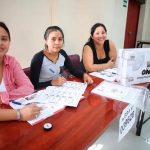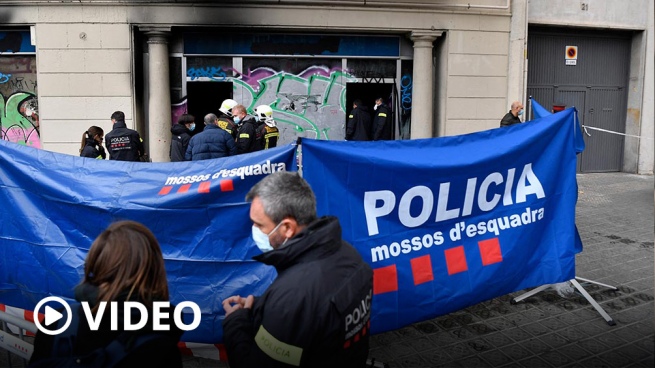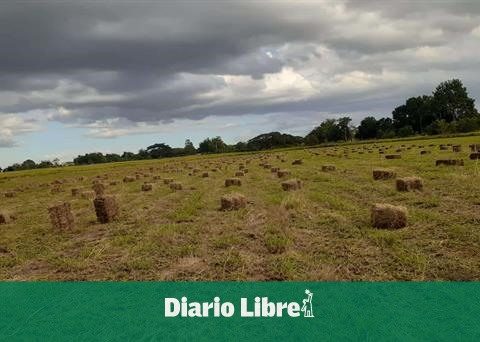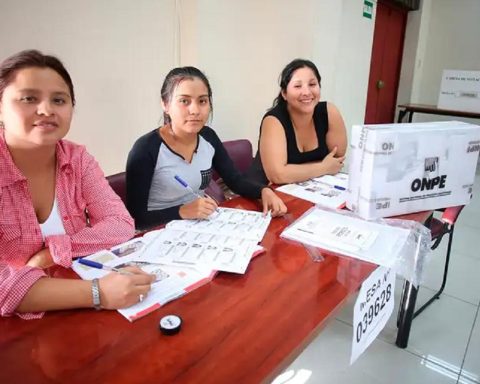(EFE) .- Exile is one of the greatest dramas of a generation of Cubans that grew up under the communist regime, said this Sunday the Havana writer Leonardo Padura in his participation in the International Book Fair in Guadalajara, Mexico.
“There are political reasons, economic reasons, familiar all the possibilities to justify the decision to stay or leave Cuba, but it has been one of the great dramas of my generation, it is a drama that unfortunately continues to unfold in Cuba” he said in a talk.
Padura (Havana, 1955) is one of the main figures of the 35th edition of FIL, considered the most important in the Spanish language, where he held a dialogue with his readers about his new novel, Like dust in the wind in which he portrays the story of a group of friends divided by exile.
The narrator pointed out that his generation is the first that had access to a university education, but also the one that was marked by a polarization regarding the then recently installed regime of Fidel Castro.
Some of them decided to leave the country due to their dissatisfaction with the way of life imposed by the regime, others stayed in the country despite the precariousness and difficulties to survive.
And it is this generation, which Padura had reflected in a certain way in some of his novels, which is now the protagonist of his new book, a choral story in which the plot revolves around the positions held by a group of friends called ” The Clan “to which chance takes them to different parts of the world.
The writer assured that there is no way to be Cuban even for those who decided to stay in the country, as there are many positions regarding the reality that exists there
“I knew that there was a space in that reflection that I was missing and that was to see it from other shores, from different shores, it is not a novel in which I make an analysis of what the diaspora has meant in Cuba, unlike The man who loved dogs, in which there is a more thoughtful and investigated look at this, “he said.
A novel more visceral than rational, was how Padura defined his new work because the stories “came from within”, of what he lived through decades listening, watching and living with friends and family who decided to stay but also those who decided go to places as common as Miami, the United States or Europe.
For the author of the saga of detective novels starring the detective Mario Conde, the Cuban diaspora “has not stopped” because those who have the opportunity to educate themselves “find a roof” in the country that forces them to go out in search of a better one. life.
The writer assured that there is no way to be Cuban even for those who decided to stay in the country, as there are many positions regarding the reality that exists there.
“Exile is not experienced in the same way in a city like Miami or Tacoma, the United States or Madrid or Barcelona, the most attractive part of the preparation of this novel is that research, many of these stories I knew from having had them nearby, this tearing of exile and the different ways of behaving, “he said.
Padura received the Carlos Fuentes Medal from the author’s widow, Silvia Lemus, an award that had to be postponed last year because the FIL was carried out virtually due to sanitary restrictions due to the covid-19 pandemic.
The Cuban dedicated the medal to the memory of the Spanish writer Almudena Grandes, who died this Saturday, who he said was a great person and a great friend.
FIL takes place from November 27 to December 5 with the attendance of 600 writers from 46 countries, with the participation of more than 3,000 thousand professionals and 255 exhibitors from 27 countries with an editorial offer of 240,000 titles in 10,000 square meters of exhibition .
________________________
Collaborate with our work:
The team of 14ymedio He is committed to doing serious journalism that reflects the reality of deep Cuba. Thank you for joining us on this long road. We invite you to continue supporting us, but this time becoming a member of our journal. Together we can continue transforming journalism in Cuba.
